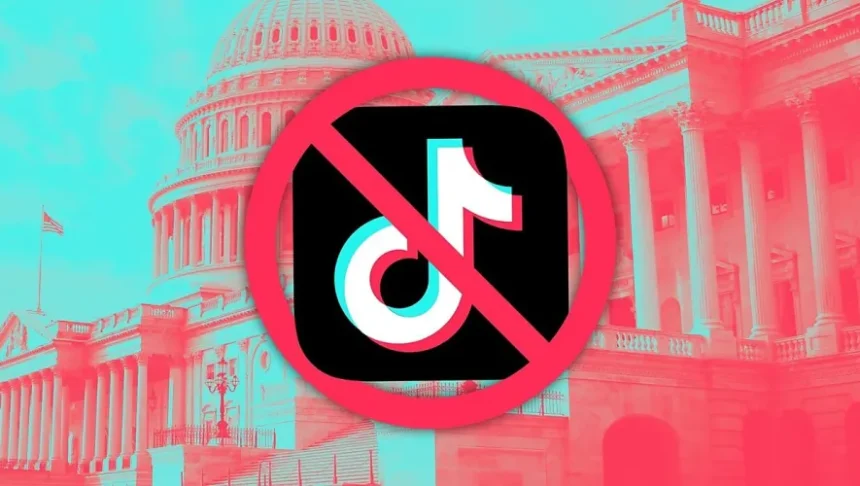TikTok faces a crucial moment in its fight to stay operational in the U.S. This week, the popular social media app, used by 170 million Americans, has just 15 minutes to convince a federal appeals court to block a potential ban that could go into effect as early as January. The company is under intense scrutiny due to a law signed by President Joe Biden that demands TikTok’s Chinese parent company, ByteDance, divest its stake or risk a nationwide ban on personal devices.
The stakes are high as TikTok argues its case to the U.S. Court of Appeals for the District of Columbia Circuit. The company claims that the ban, driven by fears of Chinese surveillance, infringes on First Amendment rights. A panel of three judges will hear the arguments, weighing whether the perceived national security threats justify curtailing free speech on the platform.
What’s Happening & Why This Matters
On Monday morning, TikTok and its supporters will have just a few minutes to argue against the proposed ban. The Biden administration argues that blocking TikTok or forcing its sale is necessary to protect American users from potential data exploitation by the Chinese government. A panel comprising judges appointed by past U.S. Presidents will decide if the legislation is constitutional, with a decision expected soon due to a January 19 deadline.
The law, which was swiftly passed in response to fears over TikTok’s Chinese connections, allows no full trial and fast-tracks the case directly to the appeals court. TikTok has pushed back, claiming the ban violates the First Amendment by restricting free expression without concrete evidence of misuse of data by the Chinese government. The company points out that concerns are based on hypothetical risks rather than proven misuse.
TikTok had previously reached a tentative deal with U.S. national security officials, proposing measures to mitigate the risks. These included hosting U.S. user data on American servers controlled by Oracle, under a plan known as Project Texas. However, U.S. officials abruptly dismissed the agreement, arguing it would be hard to ensure TikTok’s compliance. TikTok has also argued that its close integration with ByteDance makes any attempt to separate the two technically unfeasible. It claims that the Chinese government would not approve the sale of its proprietary recommendation algorithm to a foreign company.

The case has drawn national attention, with various stakeholders weighing in. While some view the legislation as a targeted attack on TikTok due to its Chinese ownership, others see it as a necessary step to counter potential threats. Critics argue that the law could have far-reaching consequences for how digital speech and First Amendment rights are interpreted in the age of social media.
TF Summary: What’s Next
The court’s decision will be crucial not only for TikTok but also for setting legal precedents around digital speech and national security. If the court sides with the government, TikTok may be forced to divest or exit the U.S. market altogether. If TikTok succeeds, it could challenge future legislation that seeks to curb digital platforms based on national security concerns. As the world watches, the outcome will reveal much about the balance between national security and free expression in the digital age.


